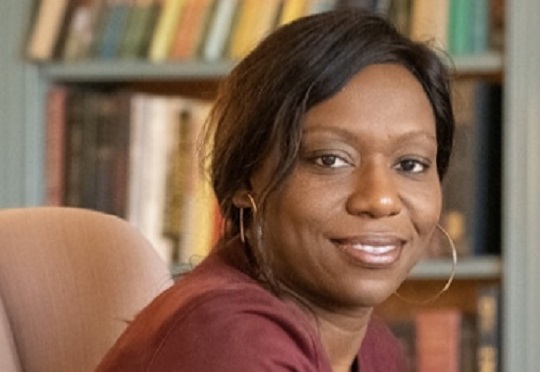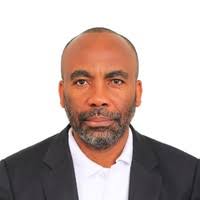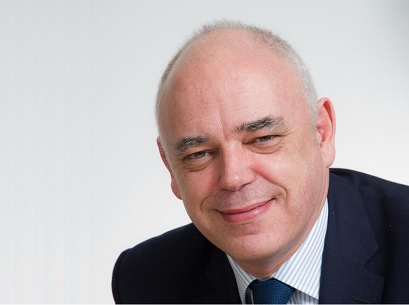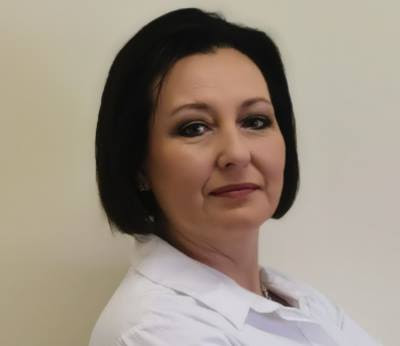How First Rand’s Vumela Fund Pumped $1 Million into South Africa’s Sea Monster
One of Africa’s most ambitious companies in the world of video animation, gaming, and AR/VR, the South African based Sea Monster has announced the conclusion of a $1 million investment from the Vumela Investment Fund managed by leading SME Venture Fund Manager Edge Growth, which will change the way corporates tackle training and communication globally. The Vumela Investment Fund domiciled at First Rand Bank of South Africa is aimed at helping venture capitalists and SMEs growth.

Every day, Sea Monster Entertainment’s analysts, animators, game designers, and developers dream, draw, and strategies to create a measurable brand and business stories that connect, educate, and move people. In an ever-changing world where consumer and staff engagement and interaction via mobile- and web-based media is increasing, companies need effective and measurable digital tools that can be provided to large and remote audiences.
When Glenn Gillis and Wynand “Munki” Groenewald started the company in 2011 they needed to earn the trust of some of the biggest and most innovative companies in South Africa and around the world. Using games as a serious instrument for change was still quite a new idea, and AR and VR were very much in their infancy as technologies. They believed Sea Monster could compete with the best in the world and wanted to scale and unlock the potential of Sea Monster’s solutions globally.
“Towards the middle of 2019, we finally felt that we were ready to actively engage with investors to help us create products, and revenue share opportunities, in addition to building on our solid service relationships,” says Glenn Gillis, CEO. “We chose Edge Growth as our preferred VC partner because of their years of experience, a great reputation for fairness and strategic guidance, and because they bring impeccable empowerment credentials to the table. Despite the challenges with Covid-19, Edge never blinked, and we’re delighted that we were able to conclude the deal under the current circumstances.”
The Vumela Fund, managed by Edge Growth, offers financial investment into entrepreneurial companies as well as non-financial growth support and access to market to prospective investees who bring fresh solutions, stimulate job creation, and help create positive social impact in South Africa. Sea Monster ticks all those boxes and then a few more.
“Sea Monster has proven that they are industry leaders in creating innovative digital solutions for corporate challenges that are more impactful and scalable than traditional solutions. We are impressed by the team’s skillsets and experience and by their deep passion to drive solutions that deliver both business and social outcomes. This aligns with our business objectives at Edge Growth.” said Nivesh Pather, Edge Growth Lead Deal Maker.
“Through this investment and partnership, we fully expect Sea Monster to become a recognized global player in interactive experiences and solutions which change the way corporates engage their consumers and employees.”
Sea Monster’s creative digital products have solved communication, change management, staff engagement, and learning challenges for some of the largest corporates in South Africa and around the world. FNB, Capitec, Alexander Forbes, Old Mutual, the South African Reserve Bank, Shell, and Mediclinic International are just a few of Sea Monster’s clients.
As South Africa emerges from lockdown with even greater needs for transformation in every sphere of life, Sea Monster is positioned to play a pivotal role in revolutionizing communication and education across industries, worldwide. They have proven that animation and games are serious instruments for change.
Kelechi Deca

Kelechi Deca has over two decades of media experience, he has traveled to over 77 countries reporting on multilateral development institutions, international business, trade, travels, culture, and diplomacy. He is also a petrol head with in-depth knowledge of automobiles and the auto industry























